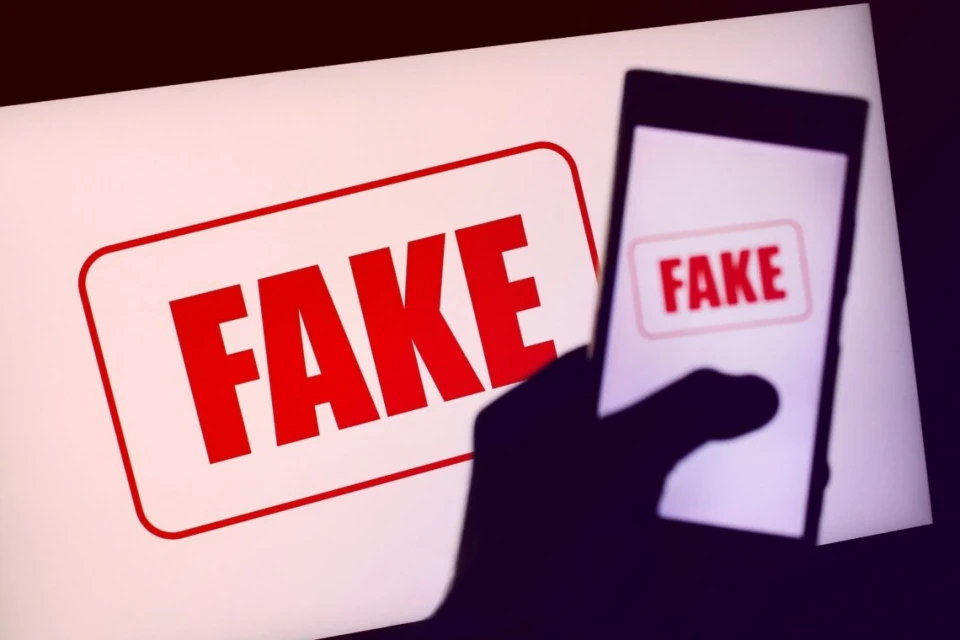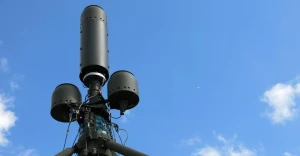
How Russia attempts to influence foreign audiences’ views on Ukraine's Kursk offensive
In a study on the spread of Russian disinformation in EU media, Espreso TV, in collaboration with InsightNews, identified pro-Russian information resources conducting a campaign to discredit the Ukrainian Armed Forces' offensive in the Kursk region to Western audiences
The Ukrainian offensive in Russia's Kursk region has been ongoing for about a week. On August 13, President of Ukraine Volodymyr Zelenskyy announced that 74 Russian settlements were already under Ukrainian control. Unable to alter the situation in the Kursk region through military means, the Russian command has turned to propaganda.
In addition to spreading their usual falsehoods, Russia has launched specific narratives that can be clearly identified in several Western media outlets. By pushing these narratives through different media in various countries, Russia is attempting to convince Western citizens that Ukraine cannot win the war, arguing that continued support is futile.
The goal is to generate public pressure on political leaders to reduce aid to Ukraine and ease sanctions on Russia. This strategy is similar to what we previously documented in our review of Russia's network of regional manipulative news websites targeting Ukrainian audiences.
Narrative of Ukraine's "failed" offensive in Kursk region
From the start of Ukraine's offensive in the Kursk region, Russia has employed a strategy of downplaying the scale of Ukraine’s military advance, portraying the operation as a failure, and claiming it is pointless. Putin is pushing this narrative to hide the shortcomings of his defense of Russian territory.
For example, the French website Les Moutons Enragés publishes weekly reports on the Russian-Ukrainian war. In its latest report, it focused on the supposed failure of the Ukrainian operation in the Kursk region.
Similarly, the Czech portal INFOKURÝR labeled Ukraine's offensive an "adventure," claiming it’s merely an attempt by Ukraine to demonstrate the effectiveness of its army to Western partners. Allegedly, Ukraine assisted Malian rebels in an attack on Russian Wagner Group mercenaries, resulting in several injuries among Malian soldiers.
RT DE, the website of the German-language RT TV channel, part of the Russian state-owned international television network RT, has already published numerous articles claiming Russian success in repelling the Ukrainian offensive in the Kursk region.
However, according to Ukrainian President Zelenskyy, as of August 13 evening, 74 settlements in Russia are under Ukrainian control. In 2021, YouTube blocked the German-language RT channel on its first day of launch due to its continuous dissemination of fake news about the coronavirus.
The Russian state media outlet Sputnik operates a successful network of satellites across Europe, constantly finding ways to bypass bans imposed by EU countries. For example, Sputnik Africa recently reported a “significant” victory for the Russian army—the downing of a single Ukrainian drone in the Kursk region.
Réseau International, a French-language pro-Russian portal, recently published a false report claiming the death of four Ukrainian generals who were allegedly responsible for organizing the Kursk region offensive.
By fabricating such ‘successes’ for the Russian army and downplaying the achievements of Ukrainian forces, Russian propaganda aims to perpetuate the myth of its own invincibility.
Narrative of NATO involvement in the Kursk offensive
Pro-Kremlin outlets are disseminating false claims that NATO troops are involved in the fighting in Ukraine and the Kursk region, asserting that Washington directly planned the offensive against Russia. Through these fabrications, Russia seeks to promote the narrative that Ukraine is under external control.
The French website Le Courrier des Stratèges published an article on August 6 under the title "US-Ukraine Plan to Negotiate from a Position of Strength," asserting that the United States developed Ukraine's offensive in Russia's Kursk region. It’s worth noting that on August 12, German Defense Ministry spokesman Arne Collatz officially stated that the operation in the Kursk region was "very secretive" and "prepared without external communication."
The so-called Center for Research on Globalization also joined in promoting this narrative, publishing an article accusing the United States of organizing the offensive in the Kursk region and claiming the U.S. acted treacherously after Putin's "goodwill gesture" in the recent prisoner exchange between Russia and the West.
On August 11, the Czech portal INFOKURÝR published an article titled "NATO Directs Ukrainian Attack on Russian Territory." The article asserts that 'mercenaries' from France, Poland, Estonia, the United States, and the United Kingdom are engaging in combat in the Kursk region, and they have already deployed all types of NATO weapons on Russian territory.
The following day, on August 12, INFOKURÝR released another story based on a statement by Chechen leader Ramzan Kadyrov, claiming that a NATO convoy had been destroyed in the Kursk region. This claim is particularly curious, as Apti Alaudinov, the commander of Kadyrov's Akhmat special forces, stated that his troops did not encounter any Ukrainian forces on the first day of the Ukrainian operation. As the Russian mil bloggers mockingly suggested, they "missed each other." Following this, reports indicated that Kadyrov's forces had withdrawn from the front lines.
On August 12, the French portal Le Média published news about the supposed defeat of the French Foreign Legion by Russian troops in Ukraine's Kharkiv region. This false claim is part of a broader narrative, with various versions of the fake news that France has already sent its first hundred Foreign Legion fighters to Ukraine circulating since French President Emmanuel Macron laid out two conditions for sending French troops to Ukraine.
These falsehoods about foreign mercenaries serve the Kremlin's efforts to justify its own defense failures by portraying Russia as fighting not only Ukraine but the entire West. Similarly, false claims about U.S. involvement in planning military operations shift the blame for the escalation away from Russia, the real aggressor.
Together, all these narratives demonstrate that Russia continues to wage an active propaganda and disinformation war against Ukraine.
- News











































